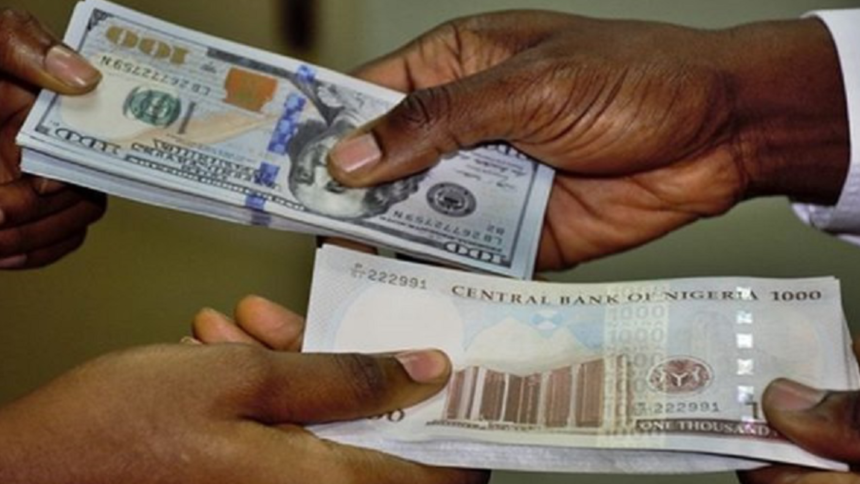The Central Bank of Nigeria (CBN) has made another adjustment to the exchange rate for Customs duty clearance.
This revised exchange rate takes into account the current performance of the Nigerian currency within the foreign exchange market.
The CBN determines the customs exchange rate based on the closing rate of the dollar in the Nigeria Foreign Exchange Market (NFEM), aiming to create a more responsive and accurate financial environment for trade and customs operations. ….CONTINUE READING


The Central Bank of Nigeria (CBN) has slightly adjusted the exchange rate for customs duty for clearing goods at the ports as naira improved against the US dollar.
New data from the trade portal showed that the customs exchange rate was reduced to N1532.7/$ as of Saturday, December 14, 2024.
The new exchange rate is a slight reduction compared to the previous day’s N1532.59 a dollar.
Experts have continued to recommend setting the customs duty exchange rate at N1,000/$.
One of the calls is from Muda Yusuf of the Centre for the Promotion of Private Enterprise, who believes that the high customs exchange rate has severe implications for the Nigerian economy, including worsening the cost-of-living crisis and stifling economic growth.
In a statement, Yusuf added that the volatile exchange rate used for import duty assessment drives up inflation, increases production and operating costs for businesses, and erodes investor confidence.
Similarly, Peter Obi, the presidential candidate of the Labour Party in the 2023 general election, has called on the government to end the arbitrary and ever-increasing customs duties.
He stressed that the development was negatively affecting businesses and the cost of items.
Obi warned that such arbitrary charges could lead to further business closures and job losses.
He said: “When importers initiate transactions at an exchange rate, say N1000/$, and calculate costs based on it, only to face a higher rate, such as N1400/$, when the goods arrive, it creates significant business losses.
“This unpredictability also fuels inflation, driving up the cost of goods.



